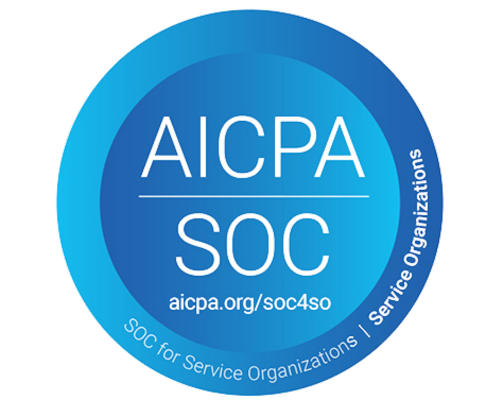Navigating Stricter I-9 Compliance: Key Recordkeeping Changes for 2025

Introduction
As the compliance landscape tightens, companies across the U.S. are increasingly focused on enhanced recordkeeping policies. These efforts respond to regulatory shifts emphasizing more thorough documentation and stringent oversight—especially regarding Form I-9 compliance.
In 2025, employers must be diligent about maintaining I-9s for the legally required timeframe, which extends to three years post-hire or one year after the termination of employment - whichever comes later. This standard, often cited but previously overlooked by some companies, is now under greater scrutiny. Here's a closer look at what this heightened emphasis on I-9 recordkeeping means and how companies can stay compliant.
Why the Emphasis on I-9 Recordkeeping?
The spotlight on I-9 recordkeeping isn’t new, but the increasing fines and enforcement actions have many companies rethinking their practices. In recent years, federal enforcement agencies have prioritized I-9 audits and worksite enforcement actions, resulting in hefty penalties for companies found out of compliance.
As immigration policies evolve under the current Republican administration and compliance measures adapt to new enforcement priorities, the emphasis on maintaining accurate and accessible documentation has never been greater.
Legal Requirements: I-9 Retention Standards
As mandated by the U.S. Citizenship and Immigration Services (USCIS), employers are required to retain I-9 forms for each employee for three years from the date of hire or one year following termination, whichever is later.
For HR teams and compliance officers, this seemingly straightforward requirement poses significant logistical challenges, particularly for companies with high turnover rates or large seasonal workforces. Missteps in recordkeeping - such as failing to update storage practices or incorrectly timing document disposal - can lead to serious penalties.
Best Practices for Enhanced Recordkeeping Compliance in 2025
To help ensure that recordkeeping practices align with 2025 compliance standards, consider these best practices:
- Automate I-9 Storage and Retention Alerts
Digital tools that automate reminders for I-9 retention and disposal are invaluable. Compliance platforms can streamline these tasks, reducing the risk of human error and ensuring that forms are retained or purged at the appropriate time. - Centralize Documentation and Establish a Protocol
Companies should establish a single, secure repository for I-9 records and maintain a clear, written recordkeeping policy. HR staff should follow standardized processes for form completion, retention, and destruction, limiting access only to authorized personnel. - Conduct Periodic Compliance Audits
Schedule regular internal audits to review recordkeeping practices, verify that forms are retained for the correct duration, and ensure they are properly stored. Periodic audits can catch compliance issues early, helping to avoid penalties in the event of an external audit. - Prioritize Training for HR Staff and Management
Educating HR staff on the latest I-9 regulations is essential. Training sessions should cover recordkeeping protocols, completion procedures, and document retention requirements, creating a team that is well-equipped to handle audits and maintain compliance. - Use Third-Party Compliance Tools for Extra Security
Companies may consider outsourcing I-9 compliance to a third-party provider. These providers specialize in managing compliance records and often offer tools to automate and simplify the retention process, ensuring that records meet federal standards without burdening HR teams.
Staying Ahead of Upcoming Compliance Changes
With rising scrutiny of I-9 compliance, keeping up with recordkeeping requirements is a priority for every business. Companies can expect more frequent audits and increased penalties for non-compliance in 2025. By taking steps to modernize and secure I-9 documentation, businesses can reduce risk and maintain smooth operations amid changing regulations.
By making enhanced recordkeeping an organizational standard, companies can not only protect themselves from fines but also foster a culture of compliance that strengthens their overall HR processes and supports their workforce. In 2025 and beyond, these proactive measures will be essential to thriving in an environment of evolving legal standards.
How Clear I-9 Simplifies Compliance with Enhanced Recordkeeping
For companies seeking a reliable solution to manage I-9 compliance, Clear I-9 by HRlogics offers robust support. Clear I-9’s platform automates I-9 verification and recordkeeping, ensuring documents are stored securely and purged following federal guidelines.
With Clear I-9, HR teams can set automated reminders for retention timelines, conduct quick and efficient audits, and receive real-time compliance updates - all through an easy-to-use interface. This comprehensive support reduces the risk of manual errors and helps companies maintain compliance without the operational burden, freeing HR staff to focus on core tasks.
Ready to simplify your I-9 compliance and stay ahead of legal requirements? Learn more about Clear I-9’s solutions here and discover how automated compliance can benefit your business today.
Have Questions or Need More Information?





